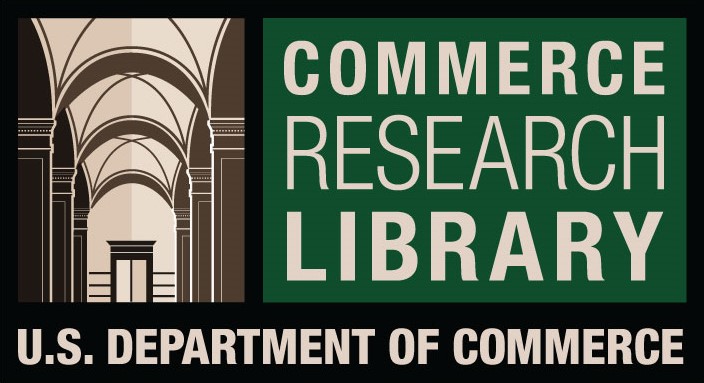Electoral reforms in India: A Critical study
DOI:
https://doi.org/10.61841/6846pk72Keywords:
Electoral Reforms, Democracy, Adult Franchise, Political Participation,, ElectionsAbstract
India is the largest democracy in the world, but due tocertain reasons, democracy is not working properly. Political analysts say there are some undermining reasons for this failure. The present study aims to explain the major electoral reforms in India. These reforms were powerful enough that they made remarkable changes in the election system in India. The study also ventures into the nuances behind each electoral reforms and the way in which it revitalized the total electoral system in India.
Downloads
References
1. Election Commission of India (1972, September 29). The Report of the Fifth General Elections in India 1971, (p.187).
2. Election Commission of India (2004), Proposed Electoral Reforms
3. Election Commission of India (2016 December 1st), Proposed Electoral Reforms.
4. Miller, N. R. (1980). A new solution set for tournaments and majority voting: Further graph-theoretical approaches to the theory of voting. American Journal of Political Science, 68-96.
5. Mölders, C., Van Quaquebeke, N., & Paladino, M. P. (2017). Consequences of politicians‟ disrespectful communication depend on social judgment dimensions and voters‟ moral identity. Political Psychology, 38(1), 119- 135.
6. Reforming, despite politics (2013). Neelkanth , The Indian Express. Jul 15 2013
7. Sharma, Subhash (2007). New Mantras in Corporate Corridors: From Ancient Roots to Global Routes. New Age International Publishers, New Delhi.
8. Singh Caps 'Annus Horribilis' With Anti-Graft Law Stymied by Upper House (2012). Bloomberg. 30 Dec 2011. Retrieved 4 June 2011
9. Sehgal B.P. (Ed) (2016). Electoral Law Reforms In India. Delhi: Amity Law School.
10. Singh L. P. (1986). Electoral Reforms – Problems and Suggested Solutions. New Delhi: Uppal Publishing House
11. T T Ram Mohan (2007). Reforming Indian politics. The Economics Times, Bennett. Coleman & Co. Ltd.
12. Tanzi, V. (1998). Corruption around the world: Causes, consequences, scope, and cures. Staff Papers, 45(4), 559-594.
13. What is the Jan Lokpal Bill, why it's important (2011). NDTV. 16 August 2011. Retrieved 17 August 2011.
Downloads
Published
Issue
Section
License

This work is licensed under a Creative Commons Attribution 4.0 International License.
You are free to:
- Share — copy and redistribute the material in any medium or format for any purpose, even commercially.
- Adapt — remix, transform, and build upon the material for any purpose, even commercially.
- The licensor cannot revoke these freedoms as long as you follow the license terms.
Under the following terms:
- Attribution — You must give appropriate credit , provide a link to the license, and indicate if changes were made . You may do so in any reasonable manner, but not in any way that suggests the licensor endorses you or your use.
- No additional restrictions — You may not apply legal terms or technological measures that legally restrict others from doing anything the license permits.
Notices:
You do not have to comply with the license for elements of the material in the public domain or where your use is permitted by an applicable exception or limitation .
No warranties are given. The license may not give you all of the permissions necessary for your intended use. For example, other rights such as publicity, privacy, or moral rights may limit how you use the material.









